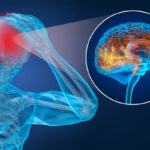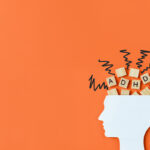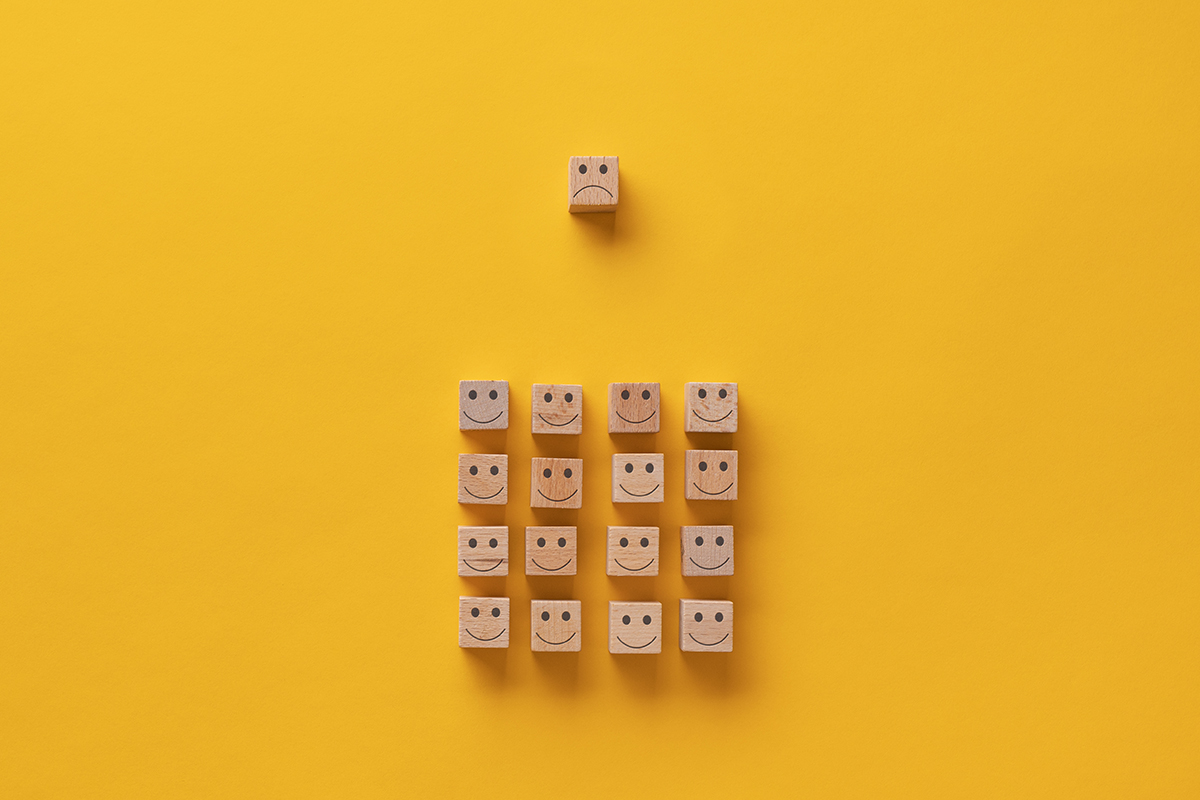Over 5 million people in the US live with Social Anxiety Disorder (SAD).
SAD causes intense feelings of self-consciousness around others. As a result, those with SAD might avoid new social situations or have a constant feeling they are being judged. Although many people experience feelings of shyness in new social situations, when living with SAD, ongoing anxiety keeps you from developing healthy friendships and relationships.
Despite the often-encompassing fear experienced with social anxiety disorder, it is a treatable condition you can overcome.
What is Social Anxiety Disorder?
SAD creates anxiety or intense fear when faced with social situations or when out in public.
People with SAD feel they are under constant scrutiny. This makes it difficult to not only face major challenges such as speaking in public, but also basic social situations such as meeting with friends or attending school. The level of anxiety varies, as do the social situations that lead to the anxiety.
For some, it is difficult to answer questions in class or participate in meetings at work out of fear of being judged by their peers. For others, even asking for help in a store is difficult.
However, what all people with SAD have in common is that where other people are present there is anxiety about rejection, judgment, embarrassment and/or humiliation.
How Does Social Anxiety Disorder Impact Life?
Because the fear and anxiety are so intense, SAD can impact all aspects of life.
People with SAD might drop out of school, become completely anti-social, quit their jobs, or in extreme cases become more and more isolated from society. Although many people with SAD continue to participate in life, they can’t do so without intense feelings of fear or anxiety.
It is also common to worry more when faced with an upcoming social situation such as a wedding, party, or something more professional such as a job interview or conference. Any scenario that presents the potential for embarrassment or scrutiny becomes a situation to avoid.
It can also be more specific such as fear of public speaking, stage fright for performers or pre-game jitters for athletes.
When Does Social Anxiety Disorder Develop?
SAD is usually developed in late childhood.
Children with SAD are often considered shy, becoming clearly agitated or uncomfortable in social situations. It might also lead to unreasonable reactions from children faced with doing presentations at school or having to participate in a school play. Kids might not want to attend birthday parties or become very quiet when introduced to new people.
It is more common in females and becomes more pronounced in adolescence into young adulthood. Children or young adults who do not seek treatment can live with SAD for their entire life.
What are the Signs of Social Anxiety Disorder?
Common signs of SAD present themselves during or prior to social situations including:
- Blushing
- Sweating
- Trembling
- Racing heart
- Sick stomach
- Mind going blank when asked a question or during a presentation
- Rigid body posture
- Keeping the voice soft
- Avoiding eye contact
- Self-consciousness
- Feelings of being judged negatively
- Avoiding social situations or interacting with others
For some, the symptoms occur in all social situations, while others might experience symptoms in specific situations such as meeting new people or public speaking.
Treatment for Social Anxiety Disorder
Neuropsychological testing identifies social anxiety disorder. Seeking treatment early on helps develop confidence in social situations. Psychotherapy introduces coping skills allowing patients to learn how to reduce anxiety, feel more confident and practice social skills that improve communication.
The Chicago Mind Solutions Difference
Chicago Mind Solutions works with individuals, offering neuropsychological testing and non-invasive treatment for many mental health conditions. For more information about our treatments and teletherapy options, please contact us at (224) 723-5050 or email info@chicagomindsolutions.com.






